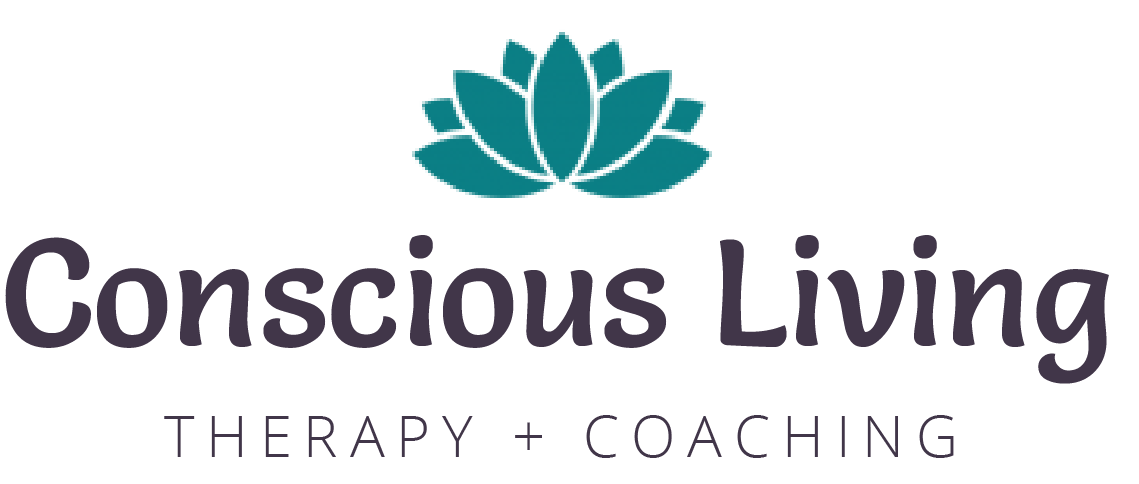Conscious Connections
Understanding emotional immaturity in adults – Why age does not equal maturity
As we practice living and functioning in our Healthy Adult, it becomes easier to notice all the emotional immaturity within and surrounding us. Why is it that so many adults (including ourselves sometimes) struggle with emotional regulation? Even when we try to be healthy, emotionally self-aware adults, why is it so easy to backslide/regress into emotional immaturity?
Emotional immaturity is an inability to understand, express, and manage emotions in an age-appropriate, responsible, and effective way. In The Adult Chair framework, emotional immaturity is often living from your Adolescent Chair – the part of you that is reactive, scared, stuck in survival mode, and dependent on others for emotional security and validation. Underneath it all, believe it or not, the ultimate need is to maintain safety and belonging.
Emotional maturity is living from the Healthy Adult, meaning, you’re grounded, curious, emotionally self-aware, and compassionate toward yourself and others. You respond to situations as an emotionally well-developed individual, and this is shown in the way you handle feedback, express empathy, and take responsibility.
Exploring your emotional needs through the mind-body connection
Neediness is part of being human. We are born into this world desperately needy, and while we may become more independent as we age, we never outgrow our fundamental needs – physical and emotional. Throughout the course of our human experience, our mind is constantly sending us information about these needs, alerting us through physical cues. Our bodies deliver the signals, notifying us when we need food, water, a friend to laugh with, someone to hug, or even somewhere safe to run away.
What are we doing with these cues?
When we are hungry, we respond to the physical signals and seek food, but we often ignore or suppress signals of emotional need. Why? Why is it easy to stretch our tired muscles after a long day or drink some water when we’re thirsty but harder to meaningfully connect with others when we’re feeling lonely or vulnerable.
Emotional needs may be more complex than physical needs, but emotional needs are just as important and valid. Our emotional needs deserve our attention, so… let’s give it! Let’s explore how to understand and nurture our emotional needs through the mind-body connection.
Demystifying trauma – A complete overview on trauma and how to heal
The topic of trauma is a big one, a personal one, and a challenging one, so before exploring this big, personal, challenging topic, let’s create a secure mental space – an observational place where we can feel safe while learning about this complex topic together.
There is healing power in learning about how our brains and bodies work, and how what happens to us impacts what is currently happening to us. The goal of this article is to demystify trauma and provide you with a complete, non-triggering overview on:
· What trauma means
· Types of trauma
· Symptoms of trauma
· The impact of trauma
· Healing trauma


